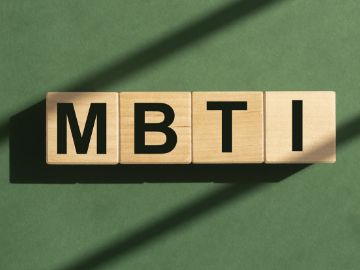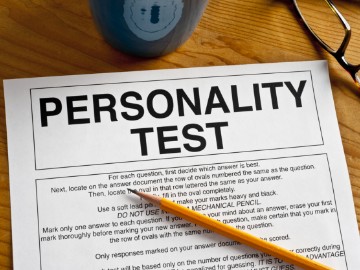How to Inventory Organizational and Life Skills

Organizational and life skills are vital in all industries. Organizational skills are practical and important for completing tasks efficiently. Life skills are broader and vary from person to person depending on their circumstances. Making an inventory of these skills is an important part of understanding yourself. It is useful for personal growth and your job search or career development.
What are Organizational Skills
Employers want team members with strong organizational skills who can fit into the structure of the company. Organizational skills are a lot more than just having a tidy office space. They include time management, mental organization, communication, prioritizing, decision-making, and scheduling.
Time management means not getting overwhelmed and pushing, or delaying, tasks according to shifts in priority.
Concentration and good memory demonstrate mental organization.
Practice effective communication with good listening and patience in team conflicts.
Prioritizing means breaking down assignments into multi-step processes and reducing overall stress.
Decision-making involves creating a mental inventory of all necessary information and weighing the pros and cons to solve a problem.
Scheduling is how you meet multiple deadlines. Use a calendar to block time for uninterrupted work and necessary meetings.
Employers seek out people with organizational skills in order to ensure workplace efficiency. This results in increased productivity and cuts out time spent on nonessential tasks. As a result, these employees save their companies time and money.
There is always room to improve your skills. You can't expect to wake up with the organizational skills that you were lacking yesterday. Set goals to improve your skills. Create to-do lists that can become habits or routines. There are a lot of organizing aids available, including YouTube and phone apps.
What Are Life Skills
Life skills are broader and harder to identify. They are skills you need to successfully navigate daily life. Sometimes we acquire them through learning and others through direct life experience. They vary depending on a person's priorities, location, religion, culture, and family.
Life skills can be personal and interpersonal. Personal skills are emotional — self-awareness, coping with emotions, and confidence. Interpersonal skills have to do with our relationships — listening, verbal and non-verbal communication, and reflection. These skills can help you to make informed decisions through better self-management. You'll also demonstrate effective communication amongst your family and colleagues.
We acquire life skills every day. Moving out of home and living on your own is a great start. Many people opt to travel to challenge themselves and grow these life skills that they don't get in school and at work. You can also develop them by keeping up to date with modern advancements. Life skills are relevant at all stages of your career.
Why Do I Need a Skills Inventory?
Create an inventory of your organizational and life skills. Having an inventory allows you to reflect and identify proficiencies and deficiencies. You can then identify gaps and try to develop the missing skills. It will also be helpful when you're deciding what kind of job to apply for.
When conducting your job search, have your skills inventory open. Pick out keywords in job descriptions that your skills can apply to. Highlight them in your resume and cover letters. Remember that quantifiable examples are clearer than lists of skills. For interviews, be prepared with examples for behavioral interview questions that best demonstrate your skills.
A Successful Career Depends on Rounded Skills
Successfully landing a job and growing in your career requires both organizational and life skills. I had a peer in university studying medicine. He was incredibly intelligent and finished top of the class in most courses. But he couldn't look you in the eye. His social skills were completely lacking. Our lecturer had to inform him that unless he developed those skills, he couldn't be a doctor. This demonstrates just how important it is to have rounded skills.
Emotional intelligence is one of the most useful skills to have. People with a high EQ know their feelings, why they feel that way and how it affects others. This is a skill that's useful in your personal life and professional success. An all-rounded candidate for a job will have physical, mental, career, emotional, and social intelligence.
Remember, don't underestimate your life skills. An ideal candidate for a job will be organized and socially aware. Create your inventories to manage your skills and assist your job search today.



